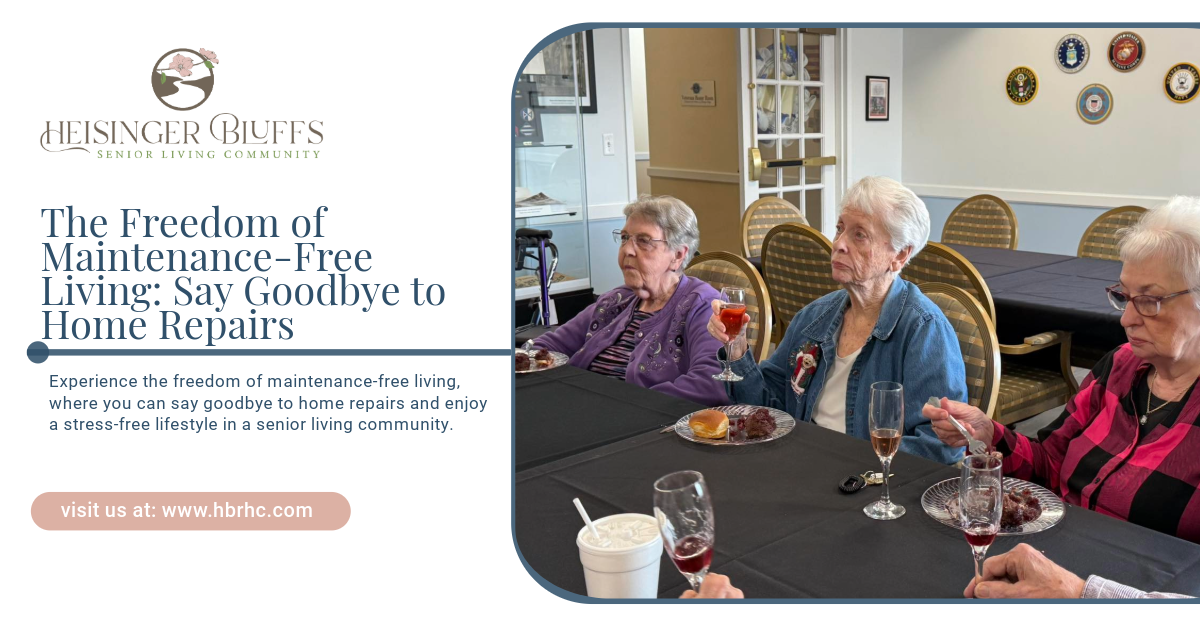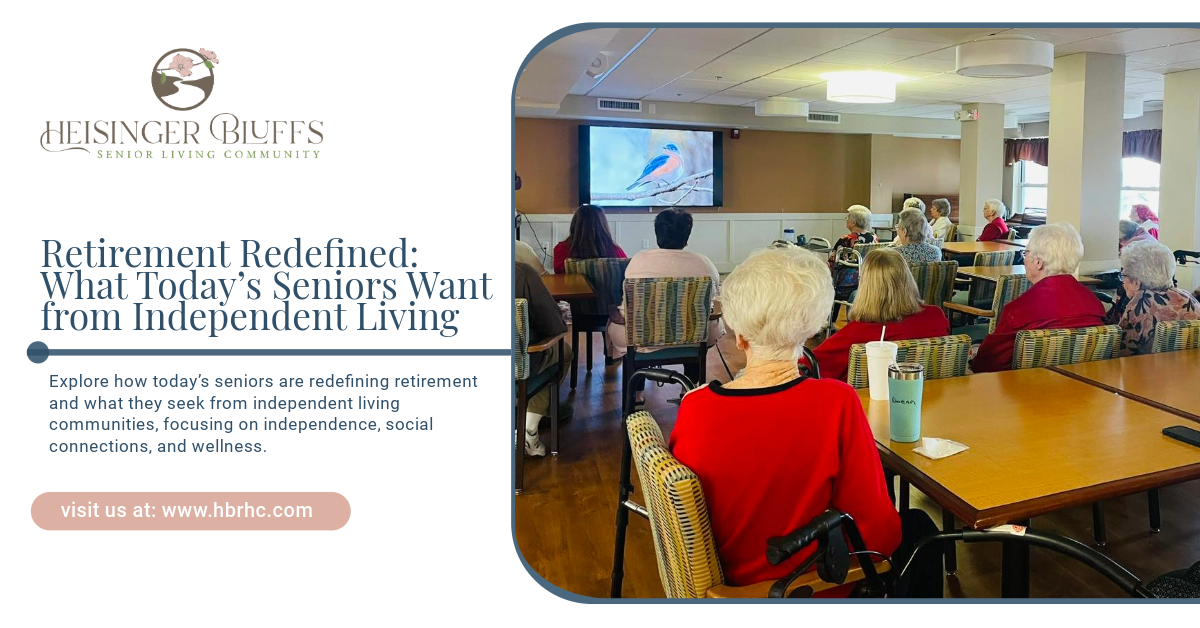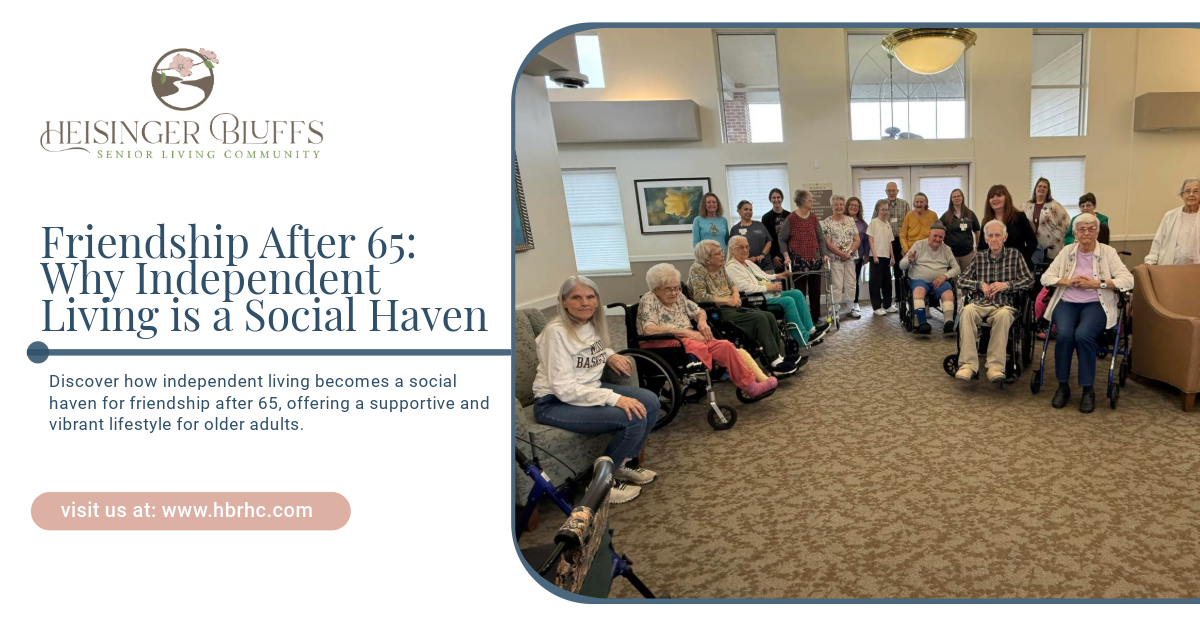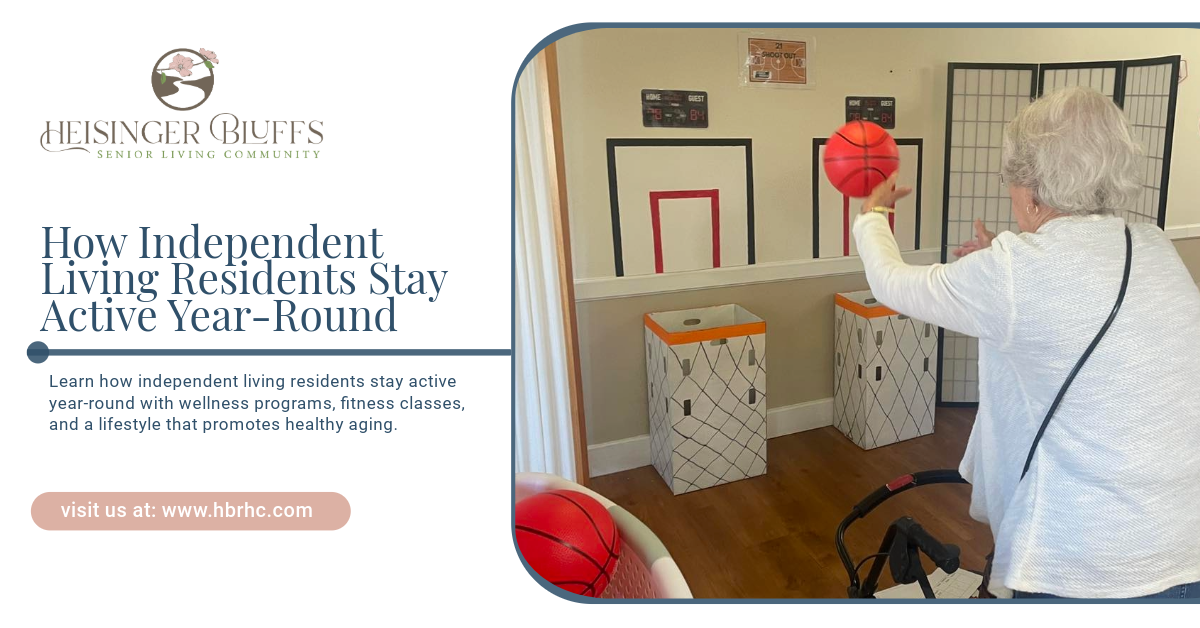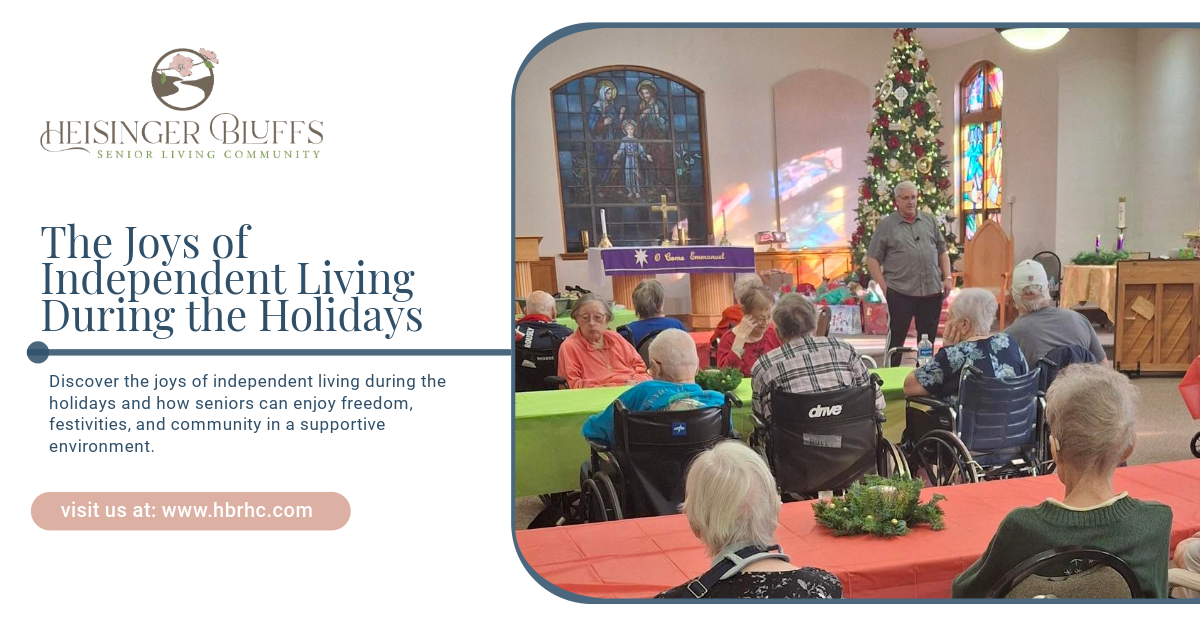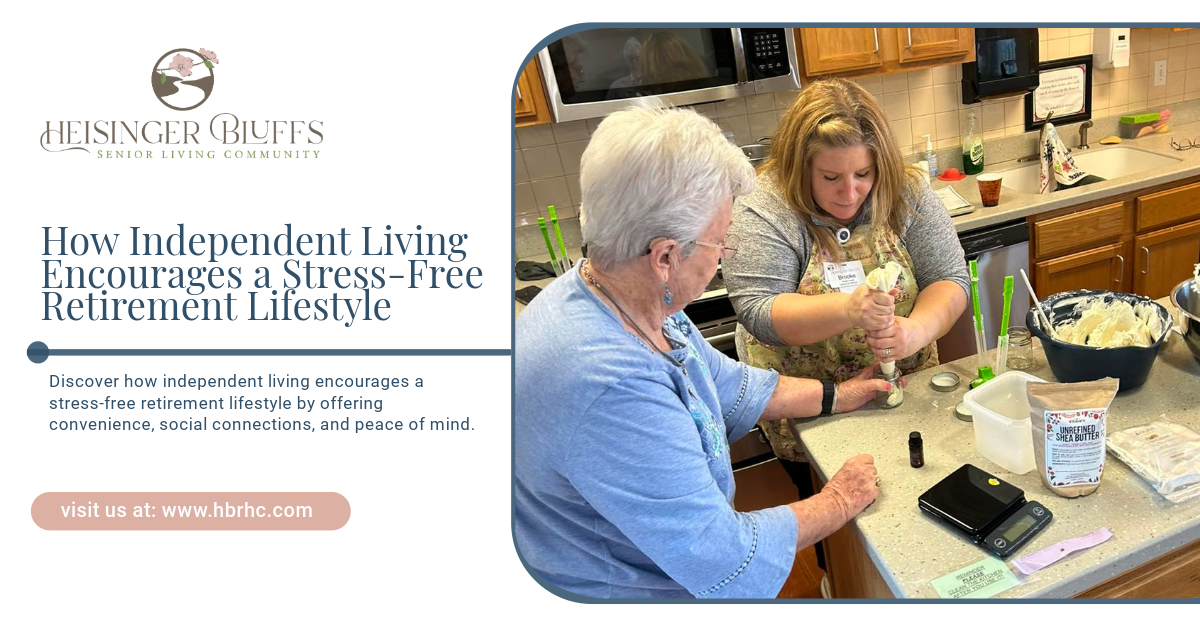Get in touch
How Memory Care Communities Support Different Stages of Dementia

Memory Care Communities Adapting to All Stages of Dementia
Dementia is a progressive condition that affects memory, thinking, and daily functioning. As the disease advances, individuals require different levels of care and support. Memory care communities are designed to provide specialized assistance tailored to each stage of dementia, ensuring that residents receive the best possible care while maintaining dignity and quality of life.
Understanding the Stages of Dementia
Dementia typically progresses through three main stages:
1. Early Stage (Mild Dementia)
In the early stage, individuals may still live independently but experience mild memory loss, confusion, and difficulty with problem-solving. Symptoms often include:
- Forgetting recent conversations or events
- Struggling to find the right words
- Losing track of time or appointments
- Becoming overwhelmed by complex tasks
2. Middle Stage (Moderate Dementia)
During this stage, cognitive decline becomes more noticeable, and individuals may require assistance with daily tasks. Symptoms include:
- Increased forgetfulness and confusion
- Difficulty recognizing loved ones
- Trouble following simple instructions
- Changes in mood and behavior, such as agitation or anxiety
3. Late Stage (Severe Dementia)
In the advanced stage, individuals experience significant cognitive decline and require full-time care. Symptoms include:
- Inability to communicate effectively
- Loss of motor function, requiring assistance with walking and eating
- Increased risk of infections and medical complications
Memory care communities adapt their care strategies based on these stages to ensure residents receive appropriate and compassionate support.
How Memory Care Communities Adapt to Each Stage of Dementia
1. Early-Stage Dementia: Encouraging Independence with Support
For residents in the early stages, memory care communities focus on preserving independence while providing subtle support. Strategies include:
- Memory Aids: Providing labeled drawers, calendars, and digital reminders to help with organization.
- Social Engagement: Encouraging participation in group activities to maintain cognitive function and social skills.
- Brain-Boosting Activities: Offering puzzles, word games, and creative arts to stimulate mental agility.
- Safety Enhancements: Implementing secure walking paths and simple navigation cues to prevent disorientation.
2. Middle-Stage Dementia: Structured Support and Personalized Care
As cognitive decline progresses, residents need more structured routines and assistance with daily living. Memory care communities adapt by:
- Personalized Care Plans: Tailoring daily routines to fit each resident’s needs and preferences.
- Supervised Activities: Providing guided programs such as music therapy, reminiscence therapy, and gentle exercise.
- Enhanced Security Measures: Using key-coded doors and monitored exits to ensure safety while maintaining freedom of movement.
- Nutritional Support: Offering nutritious, easy-to-eat meals with assistance available for those who need help.
3. Late-Stage Dementia: Compassionate, Full-Time Care
For individuals in the later stages, memory care communities provide round-the-clock support with a focus on comfort and dignity. Key approaches include:
- 24/7 Supervision and Assistance: Caregivers provide help with mobility, feeding, and hygiene.
- Comfort-Driven Care: Using soft lighting, soothing music, and familiar objects to create a calming environment.
- Specialized Medical Attention: Coordinating with healthcare professionals to manage pain, infections, and other medical needs.
- Sensory-Based Therapies: Offering gentle touch, aromatherapy, and soft music to provide comfort and relaxation.
The Role of Specialized Staff in Memory Care
Memory care communities employ trained caregivers who understand the unique challenges of dementia. Their responsibilities include:
- Providing Emotional Support: Offering patience and understanding to reduce anxiety and frustration.
- Encouraging Socialization: Facilitating group activities to prevent isolation.
- Assisting with Daily Tasks: Helping residents with bathing, dressing, and grooming.
- Recognizing Health Changes: Monitoring for signs of infections, weight loss, or other health concerns.
Creating a Dementia-Friendly Environment
A well-designed memory care community prioritizes safety, comfort, and engagement. Key features include:
- Secure Living Spaces: Locked but accessible outdoor areas for safe exploration.
- Visual Cues: Color-coded hallways and memory boxes outside rooms to aid navigation.
- Familiar Settings: Personalizing rooms with residents’ favorite belongings and photographs.
- Adaptive Furniture: Providing easy-to-use chairs and beds to prevent falls.
Supporting Families and Caregivers
Memory care communities also play a crucial role in supporting families. They offer:
- Educational Resources: Helping families understand dementia progression and care techniques.
- Support Groups: Providing emotional support and shared experiences.
- Respite Care: Allowing family caregivers to take breaks while their loved ones receive professional care.
Why Choosing a Memory Care Community Matters
When a loved one is diagnosed with dementia, choosing the right memory care community is an important decision. A high-quality facility ensures:
- Specialized Dementia Care: Trained staff members who understand cognitive decline.
- Enhanced Quality of Life: Personalized activities and therapies that promote engagement.
- Safe and Supportive Environment: Secure spaces that encourage independence while preventing wandering risks.
At Heisinger Bluffs, we are dedicated to providing compassionate, specialized memory care for seniors at every stage of dementia. Our team of trained professionals ensures that each resident receives personalized care in a secure, comforting environment. Contact us today to learn more about how we can support your loved one’s journey with dementia.
Frequently Asked Questions
How do I know when it’s time to move my loved one to a memory care community?
If your loved one is struggling with daily tasks, experiencing frequent confusion, or becoming unsafe at home, it may be time to consider memory care. A professional assessment from a doctor or dementia specialist can help guide your decision.
Can memory care communities slow the progression of dementia?
While dementia is a progressive condition, memory care communities provide cognitive stimulation, structured routines, and medical support that can help slow decline and improve quality of life.
What is the difference between memory care and assisted living?
Memory care provides specialized support for individuals with dementia, including structured routines, enhanced security, and trained staff. Assisted living offers general support with daily tasks but is not specifically designed for cognitive impairments.
Sources:
- https://www.alz.org/alzheimers-dementia/stages
- https://www.mayoclinic.org/diseases-conditions/mild-cognitive-impairment/symptoms-causes/syc-20354578
- https://www.med.unc.edu/neurology/divisions/memory-and-cognitive-disorders-1/family-concerns-1/normal-aging-mild-cognitive-impairment-and-dementia/
- https://training.alz.org/
- https://www.alzheimers.org.uk/get-support/help-dementia-care/understanding-supporting-person-dementia-psychological-emotional-impact



Want to know more?
We will get back to you as soon as possible.
Please try again later.
You May Also Like To Read
Heisinger Bluff’s Life Plan Community is here to make your senior years safe, stimulating and enjoyable so that you can savor the present, knowing the future will be taken care of.
QUICK LINKS
CONTACT
©2024. Heisinger Bluffs. All rights reserved.


